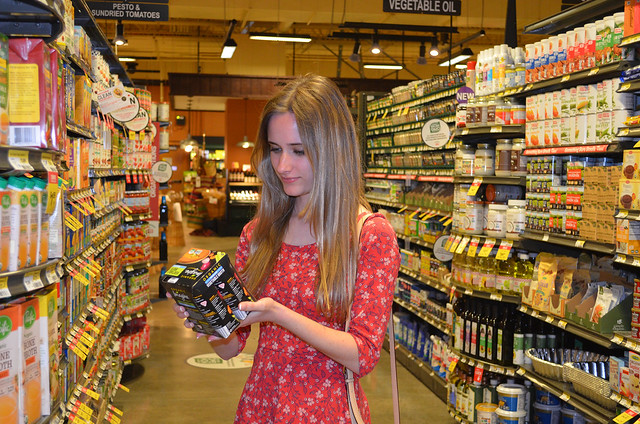Auburn School of Forestry and Wildlife Sciences to launch sustainable biomaterials and packaging bachelor’s degree
Article body
Auburn University’s School of Forestry and Wildlife Sciences will launch a new sustainable biomaterials and packaging degree this fall to prepare students for in-demand careers within bio-based industries such as nanotechnology, packaging and construction.
Alabama’s forest production and processing industry contributes nearly $21 billion to the state’s economy and positions it to be a leader in the development of a sustainable bio-based economy that includes wood processing, chemicals and energy, and bioplastics.
“Environmental concerns and evolving technologies are moving companies toward the use of sustainable forest biomaterial for everything from packaging, cosmetics and automobiles to appliances, pharmaceuticals and commercial construction,” said Janaki Alavalapati, dean of the School of Forestry and Wildlife Sciences.
Packaging is currently the third largest industry in the world. With an annual growth of 4 percent, it is expected to become a trillion-dollar industry by 2020, inspiring many traditional forest product companies to expand their operations to include biodegradable wood-based packaging. Likewise, there are future opportunities in plant-based packaging and the degree will position these students to be at the forefront of this economic boom.
These developments are fueling the demand for professionals with diverse expertise in biomass production and operational logistics; conversion processes of products and packaging; and product development, sustainability and business.
WestRock Company, a leading manufacturer of paper and packaging solutions which employs nearly 45,000 people around the world and is headquartered in Atlanta, Georgia, provided important insights for the development of Auburn’s curriculum.
“Well-balanced graduates with exposure to forest operations, sustainability and business is a gap I currently see in the student population across a broad spectrum of universities,” said Kevin Hudson, WestRock’s senior vice president of forest resources.
Hudson feels Auburn’s multidisciplinary curriculum will expose students to a suite of technical and social issues that will provide them with a more diverse perspective to apply towards growth opportunities within the fiber industry.
“Students who possess key balances between the natural resources, marketing and business sectors will continue to be sought-after commodities leaving the university,” Hudson said.
One of the only programs of its kind in the Southeast, this degree program will be collaboratively taught by world-renowned faculty from Auburn’s School of Forestry and Wildlife Sciences, and the colleges of Agriculture, Engineering, Business, and Architecture, Design and Construction.
“This interdisciplinary approach to the curriculum was designed to prepare students for careers within diverse fields that include biomaterials research, packaging manufacturing, product development and marketing; or timber harvesting, supply chain management, distribution and logistics,” said Associate Dean of Academic Affairs Scott Enebak of the School of Forestry and Wildlife Sciences.
The new sustainable biomaterials and packaging bachelor’s degree was approved by the Alabama Commission on Higher Education in March and is available for fall 2018 student enrollment. For more information about the degree, visit auburn.edu/sfws or contact the School of Forestry and Wildlife Sciences Office of Student Services at workingwithnature@auburn.edu.
Related Media
Media interested in this story can contact Communications Director Preston Sparks at (334) 844-9999 or preston.sparks@auburn.edu.
The Auburn University College of Forestry, Wildlife and Environment is a flagship institution for natural resources-based degrees including natural resource management, geospatial and environmental informatics and sustainable biomaterials and packaging. The school serves as the backbone for Alabama’s $30 billion+ forest, wildlife and natural resources related enterprises. Its mission is to create next-generation professionals and leaders, to develop new knowledge and disseminate science-based solutions to our clientele to improve the social, economic and environmental well-being of citizens in Alabama and beyond.





